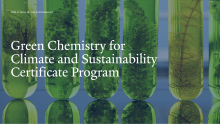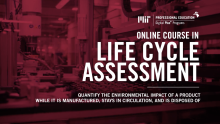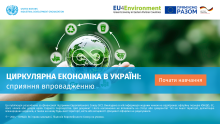Free Online Environmental Sustainability Training Course with Certificate
This free online course provides a comprehensive introduction to the principles of sustainable development, community engagement, energy management, and corporate social responsibility in the context of sustainability. Funded by the UK government and the Department for Education, it is available at no cost to UK residents through a subsidized program, offering participants the opportunity to earn a certificate upon completion.





